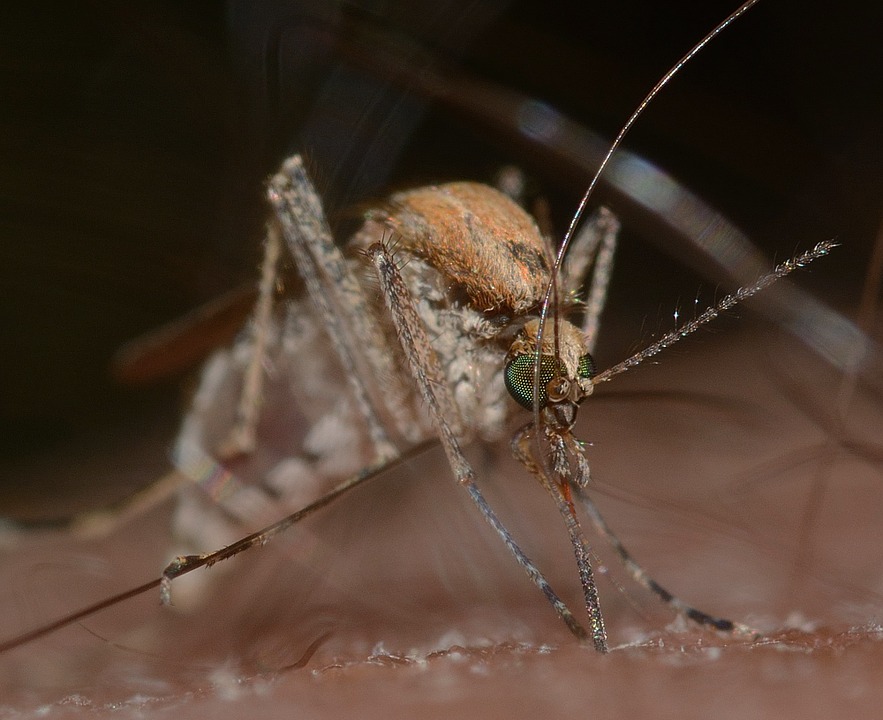Mosquitoes released in Brazil to fight dengue fever

Dengue fever sounds like some rare and exotic disease, but the truth is that it affects about 20,000 Americans a year. Without a doubt, however, the more tropical climates are far more affected by it than North America is, so it should come as no surprise that there have been new advancements in the war against it.
The risks of Dengue Fever

In the western, first world countries, we often forget the toll that can come from diseases as we see much less of it than other places in the world. Regardless of how we think dengue fever is treated, the fact remains that this disease is deadly. Even as recently as September 2017, a Taiwanese traveler contracted the disease while on vacation in Vietnam and tragically succumbed to her symptoms, proving the disease is just as terrible as it has always been.
The symptoms of dengue are initially similar to that of influenza, including chills, fever, body aches, but the body’s response to dengue is usually more dramatic. As the body sees dengue as an intruder, the immune system often goes into overdrive to battle it, often resulting in organ damage and septic shock.
There have been fears of the spread of the disease throughout Asia with new cases cropping up in China, India, and even Taiwan, meaning the mosquitoes that carry the disease are themselves traveling. With other concerns of mosquito-transmitted diseases added to the situation, including the Zika virus, dealing with mosquitoes directly has become necessary.
Modified Mosquitoes
As dengue has been relentless and continues to spread, the Brazilian government has released modified mosquitoes to prevent it. Brazil was also brought to attention in 2016 when the Zika virus first appeared there. Zika also brings on flu-like symptoms, but the bigger concern with it is the effect it has on unborn children, resulting in brain malformations. Bottom line: mosquito-borne diseases are incredibly scary and nothing to fool around with.

The millions of modified mosquitoes that have been released by scientists have been infected with the Wolbachia bacteria. The bacteria is completely harmless to humans, but it blocks the dengue fever virus within the mosquitoes, making it impossible for them to transmit it. If this endeavor proves successful hopefully the same tactic can be employed to help prevent the spread of other mosquito-borne illnesses.
Travelers
Even though the Brazilian government is working on combating the dengue epidemic and their mosquitoes will spread to other areas of South America, it will not eradicate the issue on a global scale. If their methods prove effective, hopefully, other countries around the world may adopt the same strategy and get rid of the problem altogether. Until then, however, travelers must remain vigilant.

And there are many other mosquito-borne illnesses to worry about, from malaria to Zika to West Nile to yellow fever. In order to keep yourself protected, you must use preventative measures against mosquito bites when you are in a region of the world that puts you at risk of contracting something. Good mosquito bite prevention includes using eucalyptus bug sprays, sleeping under mosquito netting, wearing long sleeves, pants, and scarves to keep your neck covered, and DEET. Even with protection, there is still the risk of receiving mosquito bites, but using nothing at all would ensure you will get bitten, putting you at a greater risk of contracting something.
Do your research before you travel anywhere, especially to warmer and more tropical locations that attract mosquitoes. Knowing what you are getting into ahead of time can make a world of difference in maintaining your health.
If you have any comments then please drop us a message on our Outdoor Revival Facebook page
If you have a good story to tell or blog let us know about it on our FB page, we’re also happy for article or review submissions, we’d love to hear from you.
We live in a beautiful world, get out there and enjoy it. Outdoor Revival – Reconnecting us all with the Outdoors.
